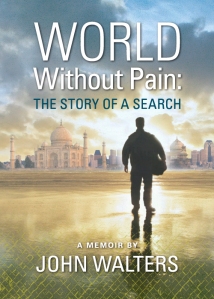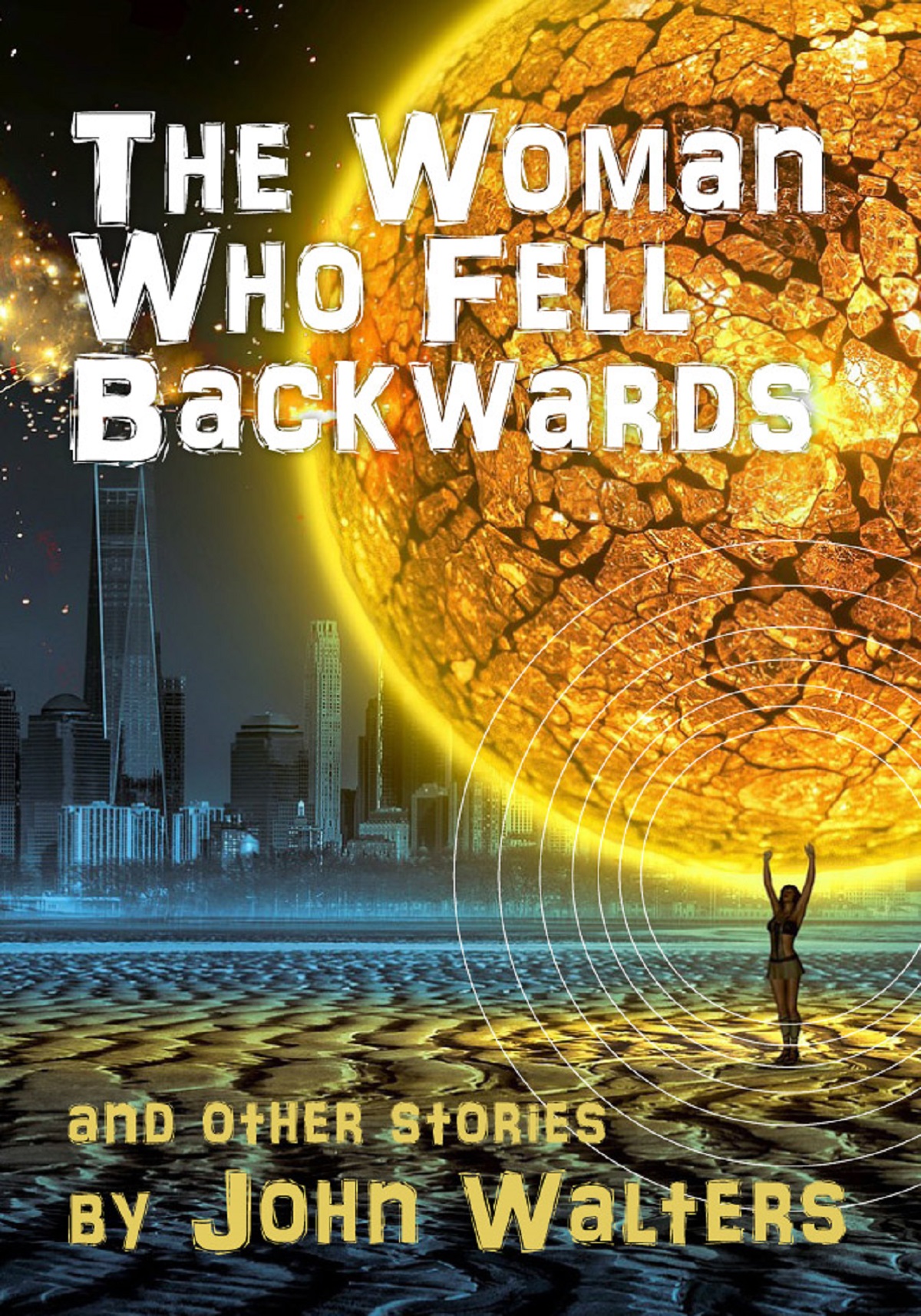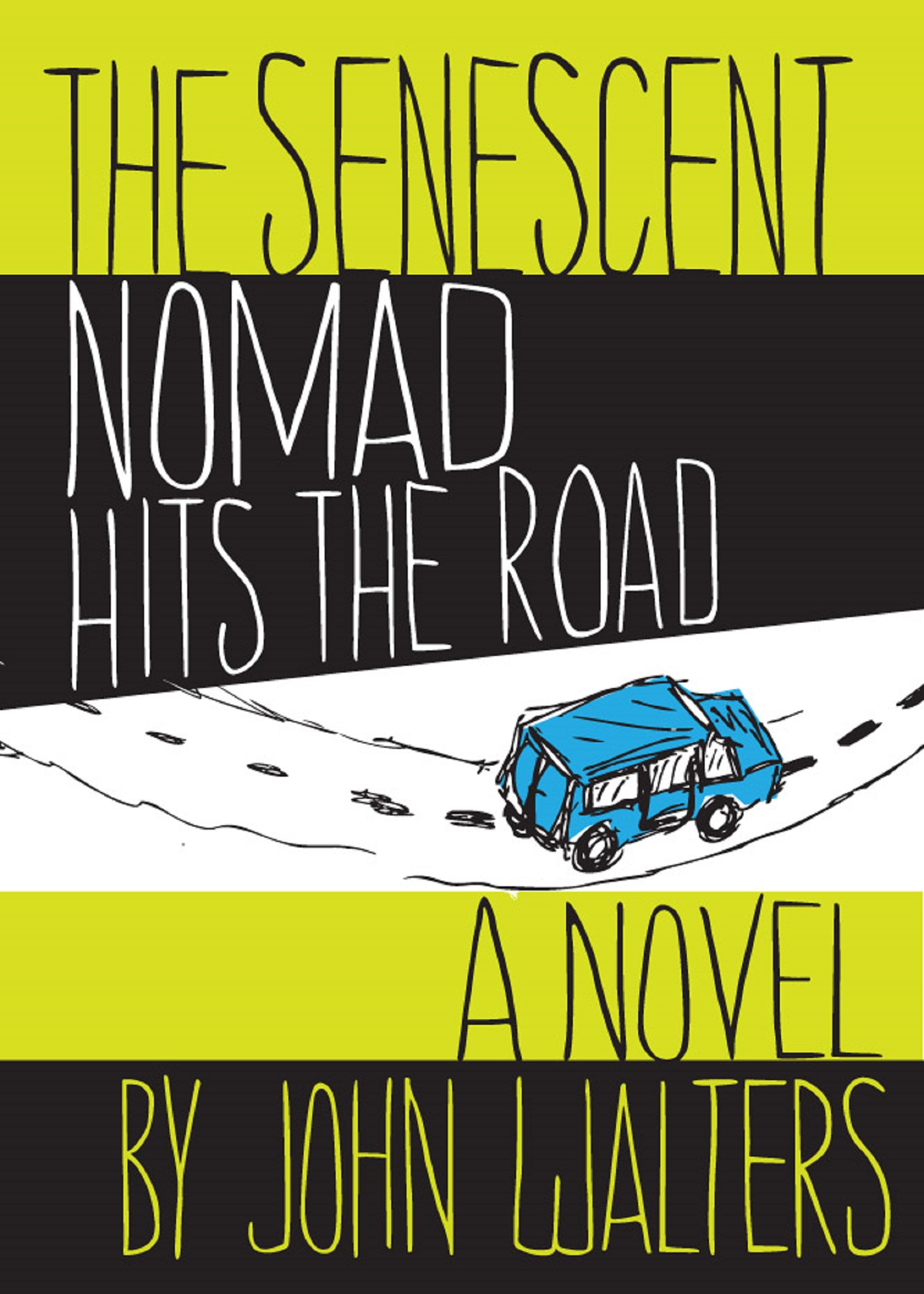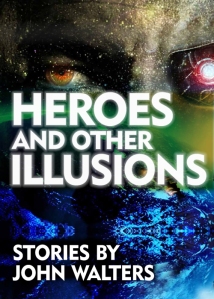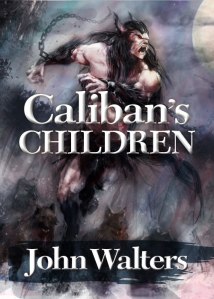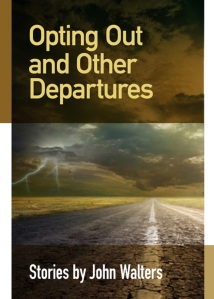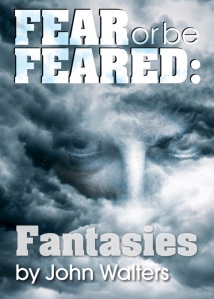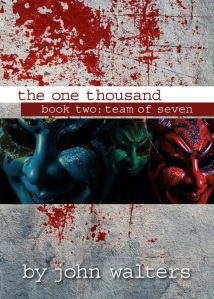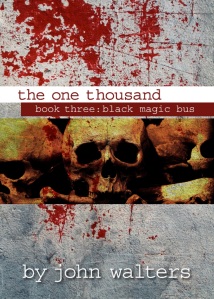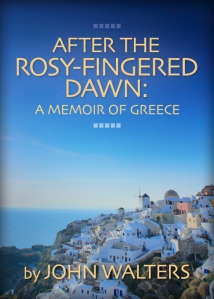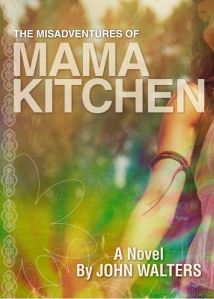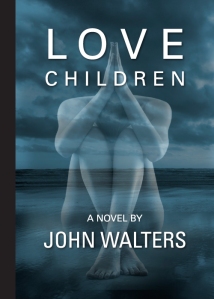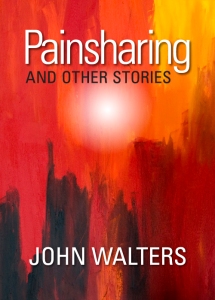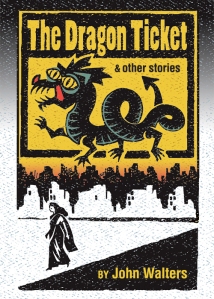I continue to read this thick volume of short stories for entertainment and analysis. We’re coming to the best part. First, though, I have to share a couple of disappointments with you. There were some stories in this volume that I felt were just plain wrong, and not only shouldn’t have been in this volume – they shouldn’t have been accepted for publication at all, as far as I’m concerned. Well, qualifying the last statement, in this era of self-publishing writers can always upload whatever they want for reader perusal. What I am saying here is that editors should not have given space to these stories in traditional publications when there must have been far superior submissions available.
Let me share with you a particular problem I have with criticizing other writers’ work: I don’t like to do it. Having been discouraged so many times in the past, I dislike discouraging others. I realize that a lot of criticism is a matter of taste, and I don’t like to call out writers by name and deride them and their works. This puts me at odds with most other reviewers, I realize, but so be it. So I am going to mention what I dislike about these two stories without giving their names. You can figure it out if you read the book. You’re also more than welcome to disagree with me. Here goes.
One story I read tempted me to throw the book across the room. I couldn’t believe that any prestigious literary magazine would touch it. The story tells of a kind, self-sacrificial man. It gives many examples of his generous nature. This man dies and goes to the gates of heaven. He sees all the wonderful things that heaven has to offer and is grateful that he is there. He approaches Saint Peter at the gate, and Peter instead sends him to hell because the man committed some minor infractions of church doctrine. Hell is vividly described as a horrific place full of torment where the inhabitants habitually rape each other. The man lives there for a time and finally leads the denizens of hell in a sincere prayer of repentance and a plea for mercy. In response, God makes hell even worse. End of story. Ugh. I couldn’t believe I had read the whole thing. What a bitter, cynical, pointless story! If you want to read a well-written, brilliant story about a world in which God, heaven, hell, angels and so on are literal realities, read the award-winning novelette “Hell is the Absence of God” by Ted Chiang instead of the piece presented here.
The other story in this volume to which I took objection concerned a musician who was talented but not top quality. He meets a singer whose performance is also flawed, and they begin a romance. The story is actually very well told up to a certain point where out of left field the musician insults and derides his lover and they separate back into their lonely lives. End of story. Bullshit. Okay, I realize that romances don’t always work out, but the story didn’t lead the reader, consciously or unconsciously, into readiness for this tragedy. Instead, it appears as if everything is going to work out for the two lonely people and they are going to fill voids in each others’ lives. The sudden turnaround simply didn’t make sense in the context the writer had set up. It’s like he built up this beautiful, elegant structure just for the cynical, bitter anti-joy of knocking it down.
Okay, that’s enough about the negative. Now we’re going to delve into the beating heart of the book, the best part. It’s near the end, in the last few decades the book covers. In short, the book is rescued by people of color, by ethnic writers. One of the best is Bengali-American Jhumpa Lahiri, one of my favorite writers. She’s one of the few authors whose works I order in hardcover as soon as they come out because I can’t stand to wait for less expensive editions. She has a wonderful story, “The Third and Final Continent,” about a Bengali man from Calcutta who emigrates first to England and then to the United States. It tells of his adjustment to the different cultures and also to his arranged marriage and his new wife, who joins him in Boston.
Another great story is “Xuela” by Caribbean writer Jamaica Kincaid. It’s a dark, deeply atmospheric story about an adolescent girl who is abandoned by her father, raised by their family laundress, and then later reunited with her father. Despite her displacement and loneliness, the girl lives a rich inner life.
“If You Sing Like That for Me” by Akhil Sharma, an Indian writer from New Delhi who moved to the United States when he was young, tells the story of an Indian bride in an arranged marriage who at first despairs of the hopes and dreams of her youth but then unexpectedly falls in love with her husband. Sharma evokes the ambiance of Indian daily life and culture very well, so that the reader feels immersed in the story.
Sherman Alexie is a Native American writer who is always entertaining and amusing even when he deals with heartbreaking subject matter. In “What You Pawn I Will Redeem” he tells of the misadventures of a homeless alcoholic Native American who wanders the Seattle waterfront. He finds his grandmother’s traditional regalia in a pawnshop and for the next twenty-four hours or so tries to raise money to redeem it, all the while falling prey to temptation and squandering any money he comes across on booze or food which he promptly throws up. Alexie’s wise and witty voice is what raises this story from tragedy to transcendency and elevates the main character from shiftless bum to unlikely hero.
This book holds too many stories to comment on them all. So I’ll just mention two more standouts and then I’ll let it go. “What We Talk About When We Talk About Anne Frank” begins as a light exercise in Jewish humor. Two aging couples who used to know each other get together in Florida, reminisce, drink, smoke pot, and carry on. Initially the narrator distrusts the couple visiting from Israel that follow strict Hassidic customs, but gradually they all loosen up and have fun. Most of the story describes their partying antics and is very well-written. However, at the end the author throws in a wicked twist, seemingly from left field but actually subtly prepared for. I don’t want to tell you what it is if you have not yet read the story, but it’s one of the most adroitly devastating endings I’ve recently read.
Which brings me to “The Semplica-Girl Diaries” by George Saunders, the second-to-last story in the book and the only selection of science fiction. It’s a great story, by the way, but the reason I mention it is its uniqueness in being the only genre entry in this vast collection. In the introduction to the section of stories from 2010 to 2015, the editor supposedly welcomes the trend of genre-mixing and diversity in recent fiction, and yet with the exception of this one story, science fiction, fantasy, thrillers, mysteries, and horror are completely excluded. I know that such stories have been included in “Best American Short Stories” of past years, but the editors chose to leave them out of this presumed best of the best volume. This in large part accounts for the book’s weakness, for its failure to live up to what it could have been. I know that there is terrific literary genre fiction, some of which far surpasses many of the stories that the editors chose to include here. It’s a shame that they decided to marginalize such great work in favor of inferior work that meets some critics’ definitions of “literary” but in fact is just plain ponderous. Be that as it may, there are some great stories, good stories, mediocre stories, and poor stories in this anthology, just as there are in most anthologies. As I said earlier, my disappointment stems from my heightened expectations. One expects the best of the best to be the epitome of effort. Instead, it’s a selection of stories just like any other.


